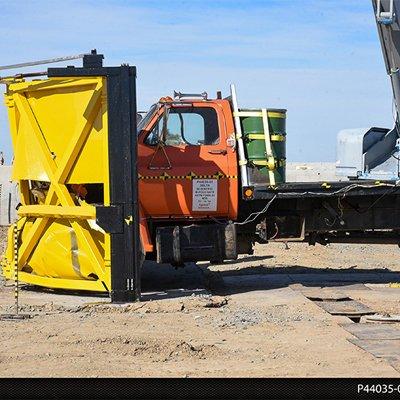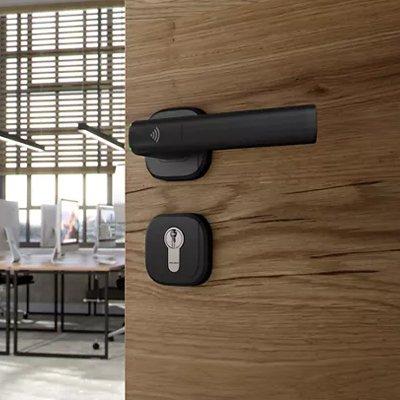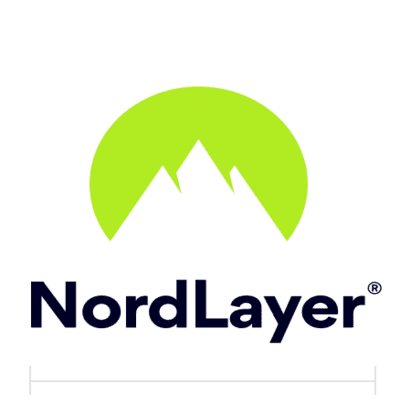 |
| National Union Fire Insurance Company claims that Tyco failed to protect confidential details of the warehouse security systems |
A civil trial against Tyco Integrated Security was adjourned by a federal judge on July 14 and is now rescheduled for October 19. The lawsuit arose out of the burglary of a pharmaceutical warehouse in Enfield, Conn., owned by Eli Lilly. Eli Lilly’s insurance company, National Union Fire Insurance Company claims that Tyco failed to protect confidential details of the warehouse security systems.
Lawsuit details against Tyco
Amaury Villa and Amed Villa allegedly burgled the warehouse July of 2010 and made off with thousands of boxes of Zyprexa, Cymbalta, Prozac, Gemzar and other drugs. The crime is considered to be the biggest prescription drug theft in American History.
After paying out $42 million in claims, Eli Lilly’s insurer, National Union Fire Insurance of Pittsburgh, is trying to recover the pay out by suing Tyco Integrated Security, formerly known as ADT. Tyco designed and installed the physical and logical security systems at the Eli Lilly warehouse.
If you were injured in an accident and collected your expenses for damages from your insurance company, your insurer, legally known as the subrogor, could then sue the individual or entity that caused your injuries.
In this case, National Union Fire Insurance is suing Tyco, claiming that the security company failed to protect confidential information about the security systems securing the warehouse. The alleged breach enabled the Villas to evade the warehouse security system and carry out the crime, the lawsuit alleges.
Tyco’s statement
Asked to comment on the matter, Tyco responded with a written statement: “As a matter of policy, Tyco Integrated Security does not comment publicly on matters of on-going litigation.” Attorneys for Tyco Integrated Systems LLC denied the allegations in a motion to dismiss the lawsuit filed in federal court in Hartford, it has been reported. They have also said National Union filed the lawsuit too late under Connecticut’s statute of limitations and Lilly’s contract with Tyco.
ADT/TYCO confidential system proposal
National Union Fire Insurance has alleged that Tyco failed to protect a confidential report that highlighted the components of the security systems protecting the Eli Lilly warehouse.
The report, called a “Confidential System Proposal,” was written to sell additional security equipment to Eli Lilly. It discussed the components of the warehouse security system and noted the faults and blind spots.
Specifically, the court filings contend that the Confidential Proposal details the “actual coordinates of every motion detector, beam, roof hatch, intercom, overhead door contact, fixed camera, panic button, card recorder, glass break sensor, control panel and keypad.”
Sequence of events
The crime is considered to be the biggest prescription drug theft in American History |
The electronic original of the Confidential Proposal was housed in Tyco’s Boca Raton headquarters, according to the lawsuit. In December of 2009, Tyco presented its proposal to Eli Lilly for consideration. Later in December, Amaury Villa incorporated a tractor-trailer truck leasing company called Trans-USA, Inc.
On January 4, 2010, Tyco made another presentation of its Confidential Proposal to Eli Lilly. Three days later, on January 7, Amaury Villa drove from Miami to Enfield, Conn.
Between mid-December, 2009, and early February 2010, Tyco and Eli Lilly exchanged a number of electronic communications regarding the Confidential Proposal, which underwent revisions to deal with concerns raised by Eli Lilly. (The lawsuit filing is the source of all information for this article.)
In mid-February, Tyco forwarded an electronic copy of the revised Confidential Proposal to Eli Lilly. The document included architectural drawings of the layout of the interiors of Eli Lilly’s warehouses in California and Connecticut. The graphics also noted the locations of motion detectors, beam sensors, roof hatched, intercoms, overhead door contacts, fixed cameras, including their directional views and items within the field of view, and other components of the security system, inside and out.
In short, the proposal described the current warehouse security system in great detail, covering areas that were securely monitored and pointing out areas in need of monitoring.
The cover of the Confidential Proposal contained a statement attesting to the confidentiality of the information and re-assuring Eli Lilly that Tyco would safeguard the information.
The date listed on the front page of the document was February 19, 2010.
National Union Fire Insurance has alleged that Tyco failed to protect a confidential report that highlighted the components of the security systems |
On February 22, 2010, according to the complaint, Amaury Villa and Amed Villa obtained lease agreements for two tractor-trailers through Amaury’s truck leasing company. The brothers drove from Miami to Enfield, Conn.
At 3:40 a.m. on March 14, the brothers allegedly broke into the warehouse and stole $60 million worth of pharmaceuticals.
Security system loopholes exploited
The brothers carried out the theft by using what appears to be information from the Confidential Proposal identifying areas lacking security protection, according to the lawsuit.
The warehouse had seven truck bays, for instance. The thieves parked in the one bay that was outside the view of surveillance cameras.
Next, they climbed to the roof and moved to an unmonitored area, cut through and rappelled down into an unmonitored area of the warehouse.
Complaint information
According to the Complaint: “The equipment at the Eli Lilly facility was operable prior to the event and did not fail; rather it was avoided by Defendants Amaury Villa and Amed Villa who exploited details of the layout of the warehouse and the vulnerabilities of the camera surveillance and intrusion detection systems identified by ADT/TYCO described in the 2010 ADT/TYCO Confidential System Proposal to access undetected and disable the relevant portions of the security system.”
Court rulings
It appears that the outcome of the suit will turn on whether or not the thieves somehow acquired the Confidential Proposal and used it to evade the warehouse security systems and carry out the theft.
The answer to that may come soon. In a previous ruling, U.S. District Judge Beth Bloom cited evidence that a former Tyco employee and a relative of one of the burglars had access to confidential information on Tyco’s network long after his employment ended. Perhaps to that point, in mid-July, Judge Bloom ruled that the defendant, Tyco, could depose Amed Villa, one of the alleged thieves.









































